30 years ago, ‘Hackers’ and ‘The Net’ predicted the possibilities—and horrors—of internet life
30 years ago, ‘Hackers’ and ‘The Net’ predicted the possibilities—and horrors—of internet life
Getting an email in the mid-’90s was kind of an event—somewhere between hearing an unexpected knock at the door and walking into your own surprise party. The white-hot novelty of electronic mail is preserved in amber by a ridiculous 1994 film: reverse sexual-harassment thriller Disclosure. It opens with a little girl perusing what was once known as a “family computer” before casually shouting, “Daaaad, you got an email!” Her announcement is as much for the benefit of 1994 viewers as it is for Michael Douglas’s character, an executive in the Seattle tech scene, letting them know they’re witnessing their imminent future. [Photo: MGM] At that point, the majority of Americans had never seen an email. According to a contemporary Pew Research poll, 42% had never even heard of the internet. Still, the early ’90s thrummed with the propulsive drum line of digital revolution. The internet had existed in more esoteric forms for ages, but now America Online had terraformed it for normies, and Netscape’s landmark IPO in 1995 began fueling the frenzy of the dot-com boom. Things changed fast, and The Net and Hackers dragged online culture center stage. Released as summer bookends, The Net stars Sandra Bullock as a tech worker whose identity is stolen, while Hackers, featuring Angelina Jolie in her first major role, follows a squad of elite high school coders as they get caught up in a corporate conspiracy. Looking back now on the flag-planting internet movies of 1995, it’s incredible how well they predicted the possibilities and horrors on the horizon. Fast Company talked to the filmmakers behind both about all that’s changed in the 30 years since. [Photo: Sony Pictures] Neither ’90s movie was a blockbuster, exactly. The Net proved a modest success, earning $110 million worldwide and spawning a short-lived TV adaptation a few years later, while Hackers flopped, making back less than half of its reported $20 million budget. Both gained long tails of notoriety and cult-classic status, however, in part for having depicted the internet on-screen at the precise moment most filmgoers were discovering it at home. The concept of connectivity had, of course, graced movie theaters before. Matthew Broderick plays a crafty teen who tweaks his high school computer system from home in both 1983’s WarGames and again three years later in Ferris Bueller’s Day Off. A ragtag team of techies spends the entire run time of 1992’s hacking romp, Sneakers, spelunking in a shadow realm of digital information. As technology rapidly evolved, though, and ’90s news anchors began talking about chat rooms and using terms like cyberspace, it had to evolve in pop culture as well. [Photo: TriStar Pictures] Several studio releases from 1995 were lumped together as “internet movies,” with critics cross-referencing them in reviews. Among them were Virtuosity, in which Russell Crowe plays a computer-generated killer, and Johnny Mnemonic, which is mostly remembered as the cyberpunk action flick Keanu Reeves made before The Matrix. Both are set in the speculative sci-fi future—1999 for Virtuosity, 2021 for Johnny Mnemonic—while paranoid thriller The Net and teen comedy Hackers are dialed into reality on the ground and online. “At that point, no one had yet to really make a movie that was anywhere in that world,” says Jeff Kleeman, the executive producer who oversaw the development of Hackers. “Part of the reason I was excited about it was I felt like, for some reason, nobody is doing this. And I just thought, somebody ultimately is going to do this and I hope it’s me.” “It was slow, and then very fast” Before making Hackers, Kleeman didn’t quite understand all the hype about the internet. He could easily grasp its significance for global businesses and governments, but on a personal level, he hadn’t found many use cases. Still, he had absolute faith in the allure of a project about computer-savvy teenagers making digital mayhem. As he learned from Secret Service agents while researching the movie, teenagers at the time understood the internet better than anybody. Kleeman shepherded Hackers practically from its inception. It started when a friend, an artist named Rafael Moreau, confided that he’d lately been tagging along with an elite hacking crew known as the Legion of Doom, and he was thinking of writing a movie based on them. Kleeman was skeptical (film executives generally do not want to field pitches from novice writer pals), but he agreed to take a look at the screenplay, should one ever materialize. He was blown away by what Moreau eventually delivered. The first draft of Hackers had a technical authenticity absorbed from its primary sources, and it pulsed with kinetic energy. Equally impressive, the dialogue read like it came from actual human teenagers. Kleeman first attempted to put the film into production at Francis Ford Coppola’s American Zoetrope before succeeding years later at United Artists. Meanwhile,
Comments 0
Most Read
Recommended Post
Gogolook launches news wall feature to Whoscall App
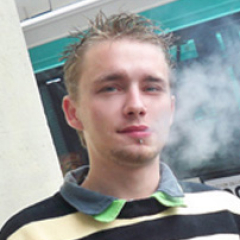




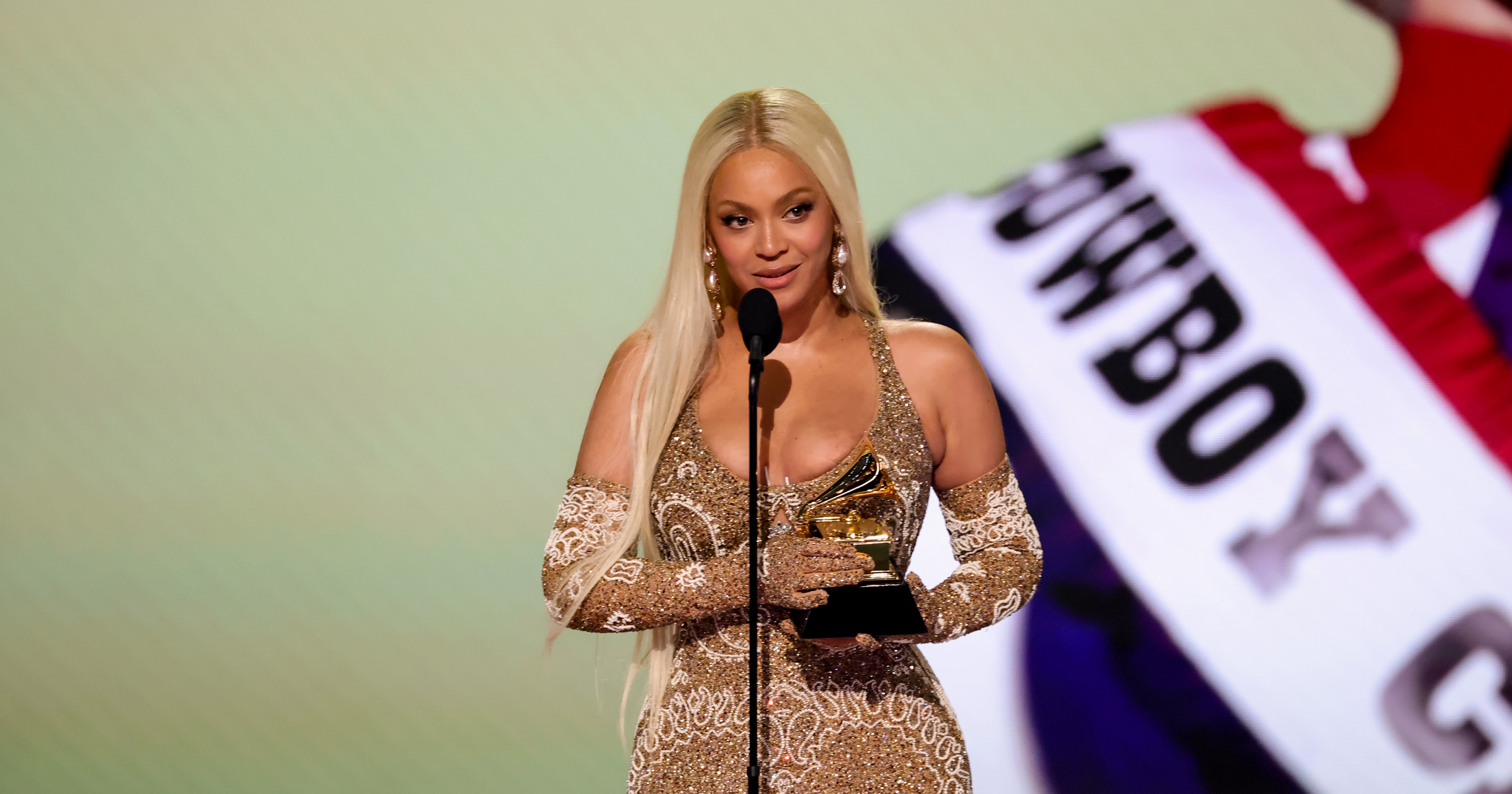
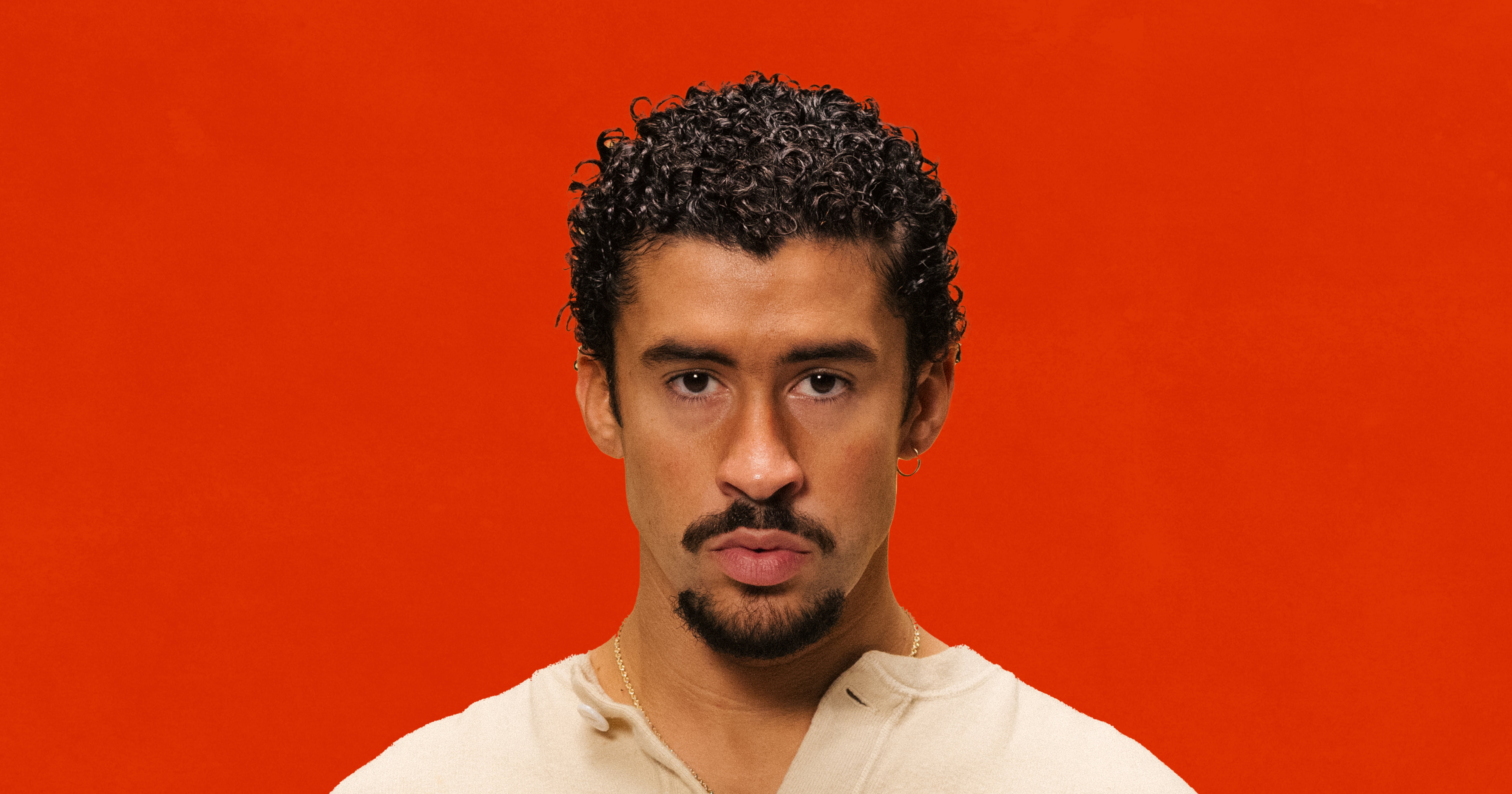










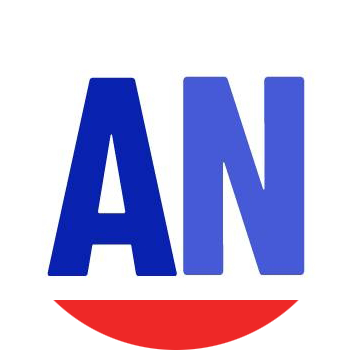

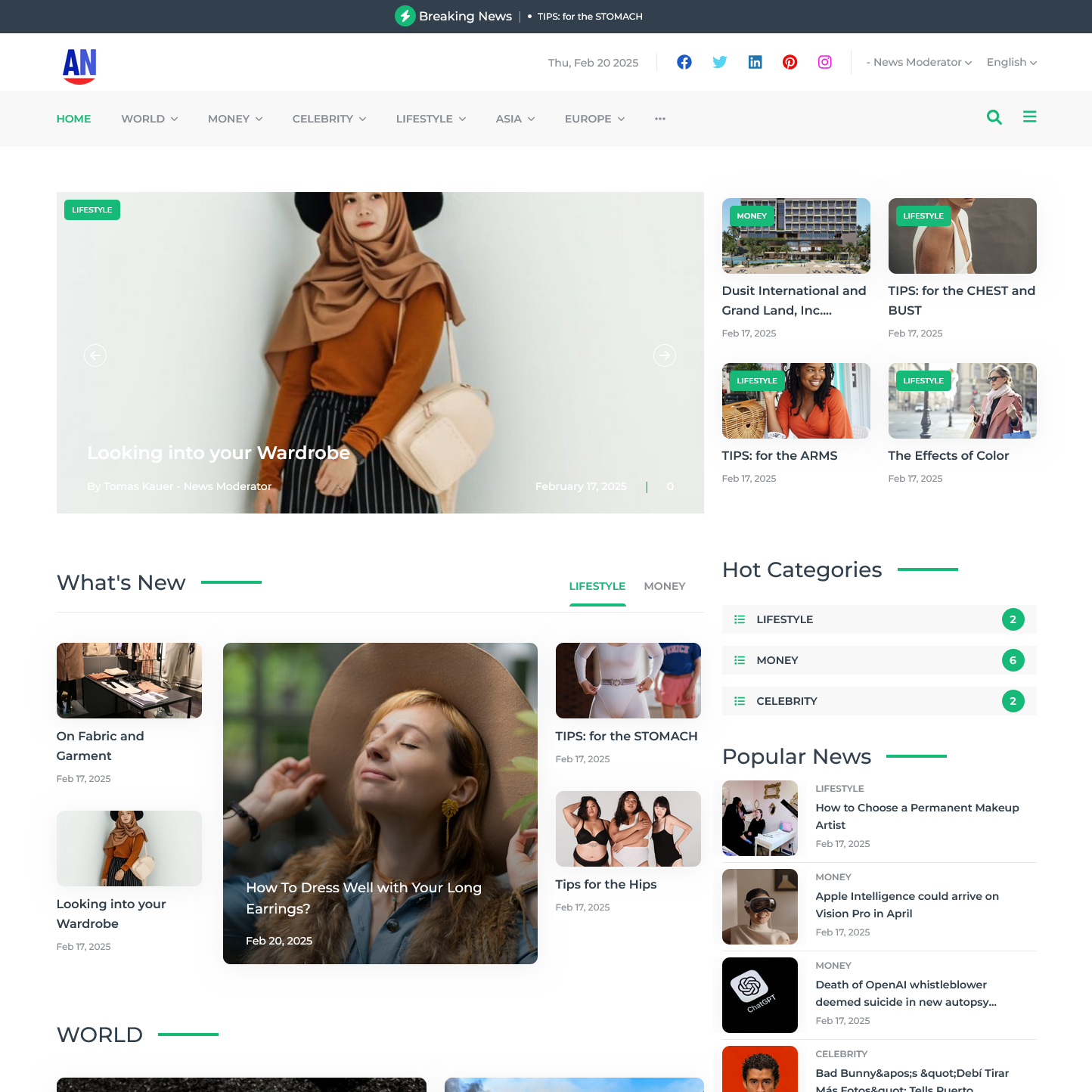
Leave a Comment